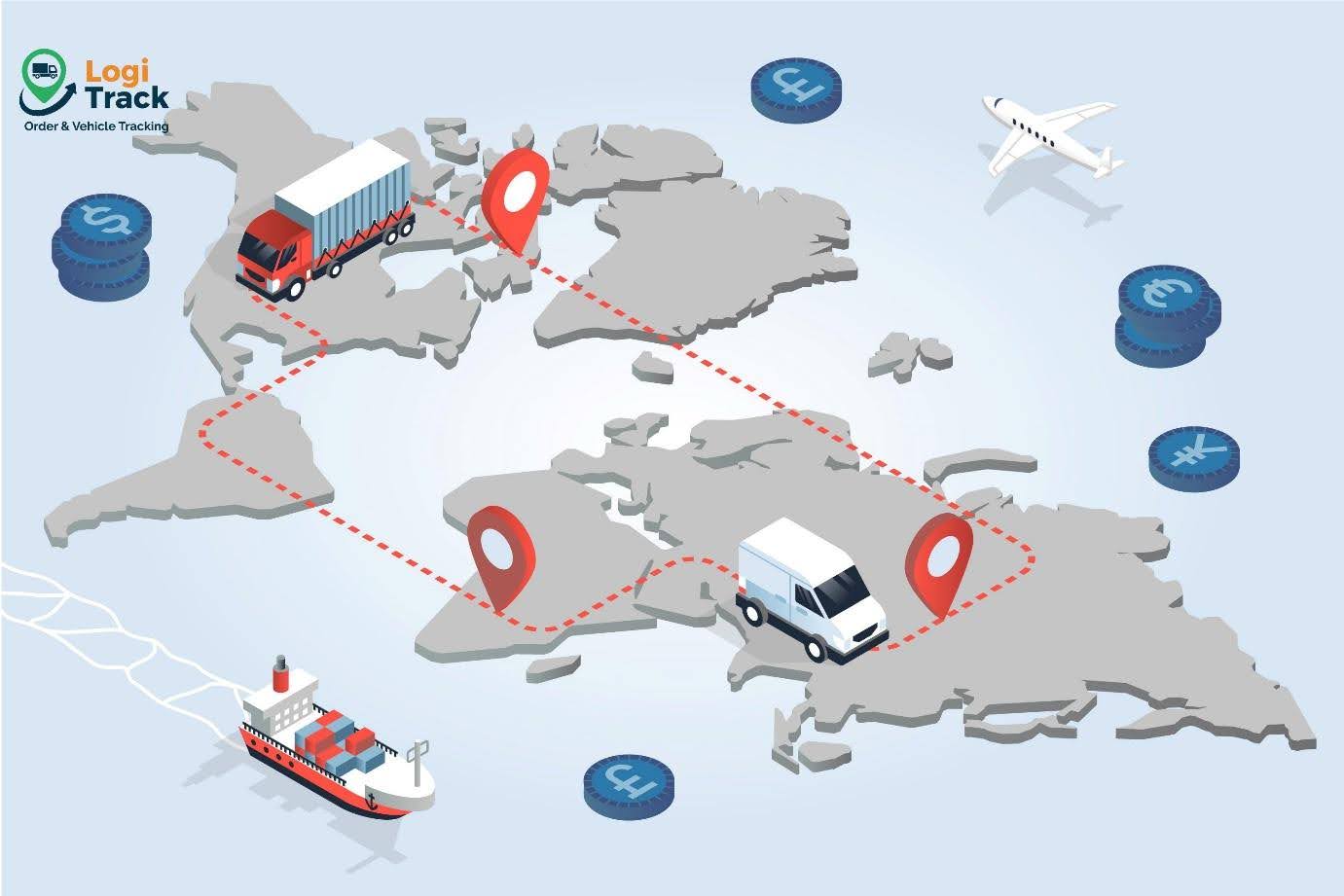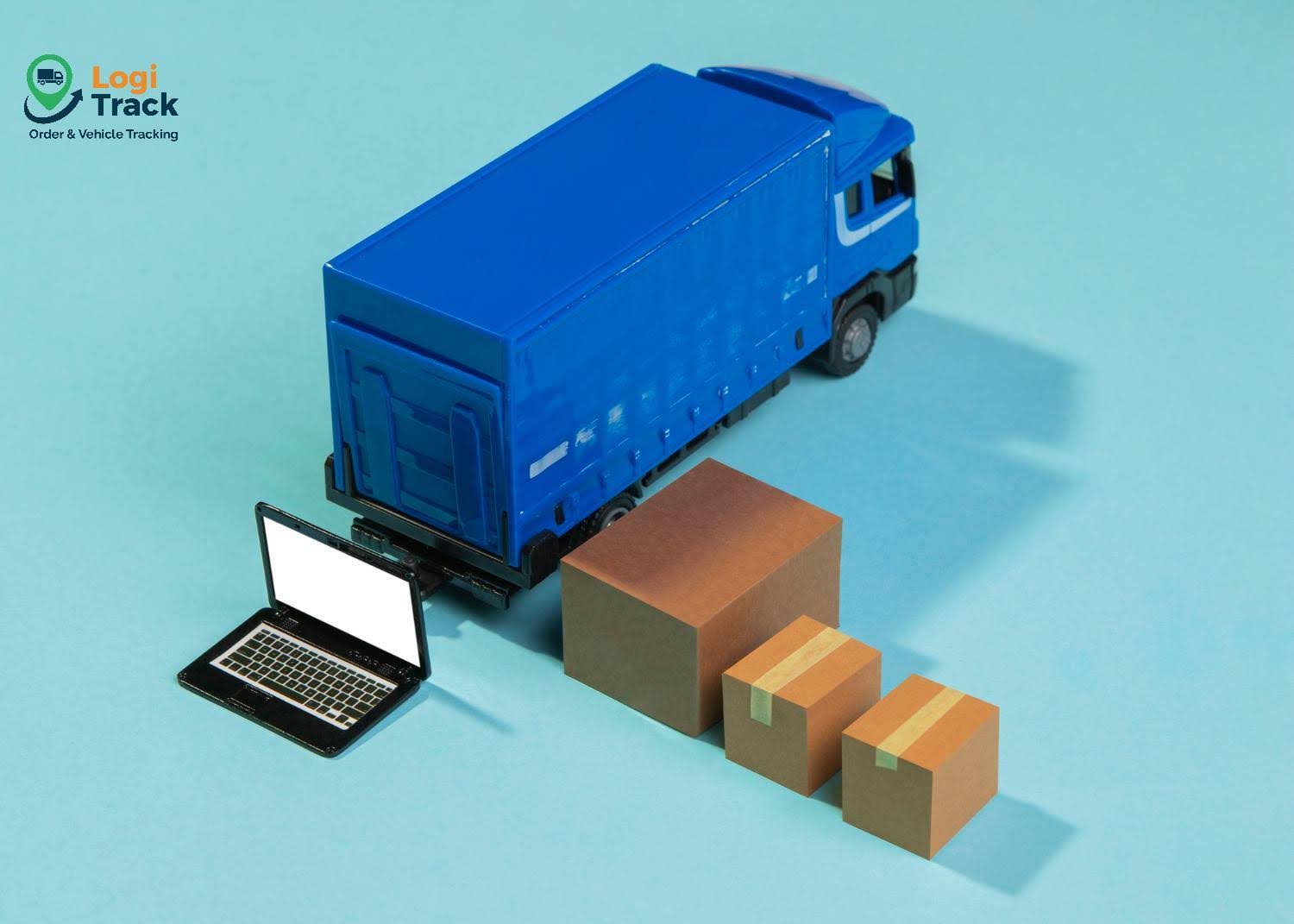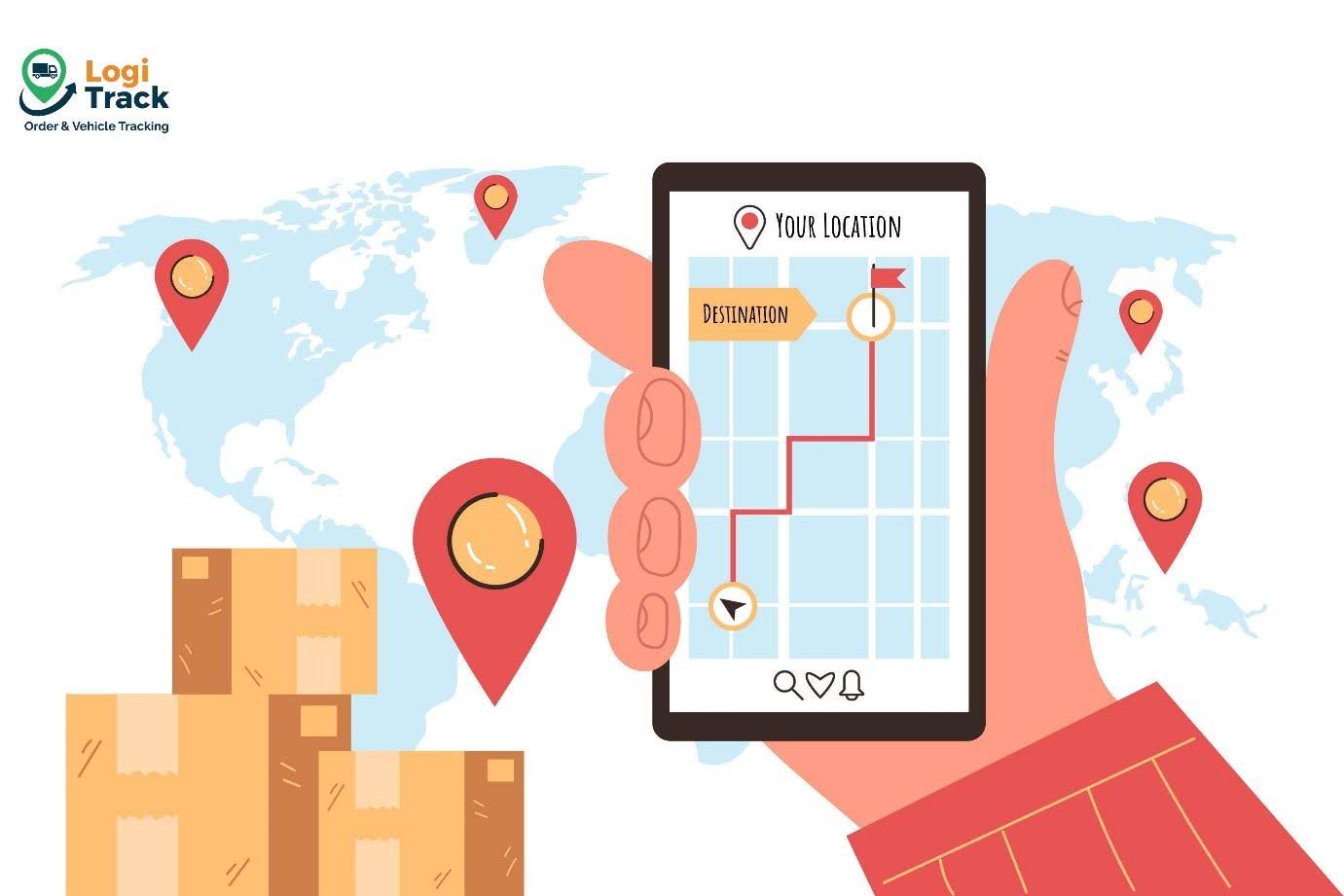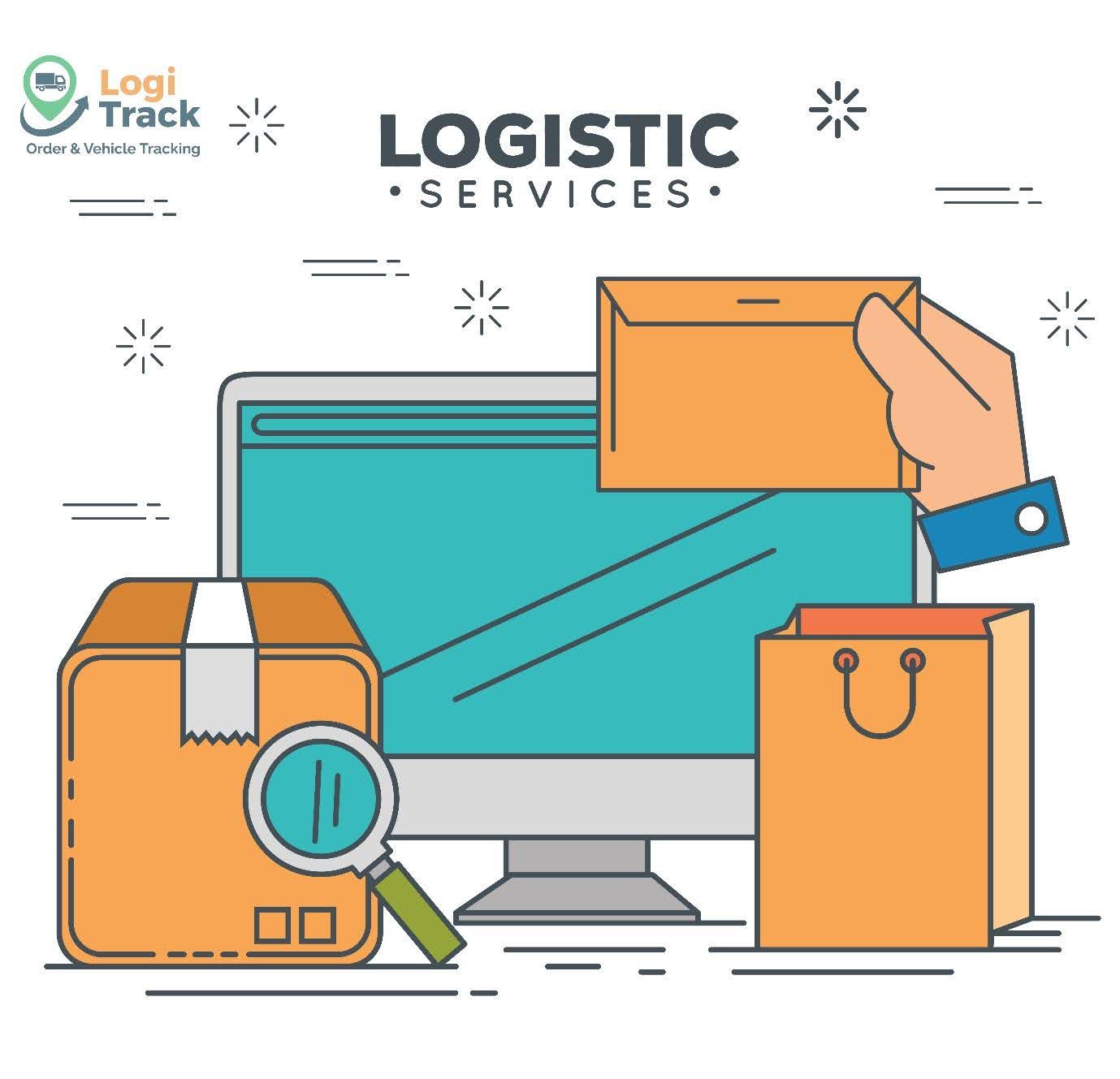In the era of digital transformation, supply chain management is becoming increasingly important. However, for small and medium-sized enterprises, managing logistics remains a significant challenge. Therefore, logistics software has become a solution that many businesses are paying close attention to today. So, is logistics software really necessary for small and medium-sized enterprises? Let’s explore this through the following information. 
Risks of Not Using Logistics Software
Most small and medium-sized enterprises today still manage their logistics processes manually using Excel, email, or paper-based records. While this approach may save initial costs, it carries many risks, such as:
-
Lack of synchronization: Shipping data, inventory, and carrier information are not updated in real time.
-
Operational errors: Staff can easily make data entry mistakes, leading to misplaced or lost shipments.
-
Difficulty scaling: As order volumes increase, manual management becomes easily overloaded.
-
Lack of detailed reports: Without a centralized data system, managers struggle to evaluate performance effectively.
Therefore, the demand for logistics software—especially free or low-cost logistics solutions—is growing rapidly. These tools help small and medium-sized businesses gradually transition to digital management without requiring major investments.
Why Are Small Businesses Still Hesitant to Implement Logistics Software? 
Although modern logistics software brings significant benefits, many small and medium-sized enterprises are still not ready to adopt it in their operations. The main reasons include:
-
Investment and maintenance costs: Many businesses worry that logistics software requires a large budget for infrastructure and employee training.
-
Lack of tech-savvy personnel: Some companies lack management teams or staff familiar with using such software.
-
Difficulty choosing the right software: The market today offers a wide range of free or trial logistics software from different providers, leaving many businesses confused about which one to choose.
In reality, delaying digital transformation can cause businesses to lose their competitive advantage. While competitors are already leveraging software to streamline processes, reduce manpower, and improve accuracy, slower adopters risk falling behind.
Benefits of Using Logistics Software for Small and Medium-Sized Enterprises 
Implementing either free or paid logistics software is not only a step toward digital transformation but also a long-term strategic move that helps businesses achieve sustainable growth. The benefits that logistics software brings to enterprises include:
Logistics Software Optimizes Operational Processes
The software automates key workflows such as delivery planning, route tracking, warehouse management, and order processing. This reduces manual work and minimizes management errors, making operations more efficient and reliable.
Reduce Operating Costs with Free Logistics Software
By analyzing transportation data, logistics software helps optimize routes, cut fuel expenses, and shorten delivery times. Accurate warehouse management also prevents overstocking or stockouts, saving businesses both time and money.
Enhance Customer Experience with Logistics Software
Logistics software enables real-time order tracking, allowing customers to easily check shipment status. This not only improves transparency but also strengthens the company’s brand reputation and customer trust.
Easily Scale Operations with Logistics Software
As order volumes increase, small and medium-sized enterprises do not need to hire a large number of additional staff. The system automates most processes, and businesses can upgrade their software package to manage higher workloads more effectively.
Start with Free Logistics Software
Today, many providers offer free logistics software with basic features such as order management, shipment tracking, and quick reporting, allowing businesses to experience the benefits firsthand. This is an ideal option for companies seeking to integrate software into their operations with minimal investment.
As shown above, adopting logistics software for small and medium-sized enterprises is essential. By implementing such software, businesses can optimize management, reduce costs, and strengthen their competitiveness in the market.
Is your business still managing logistics manually, spending too much time and money?
Don’t let that slow down your growth — Logitrack is the optimal solution that helps you automate management, save resources, and enhance competitiveness for small and medium-sized enterprises.









